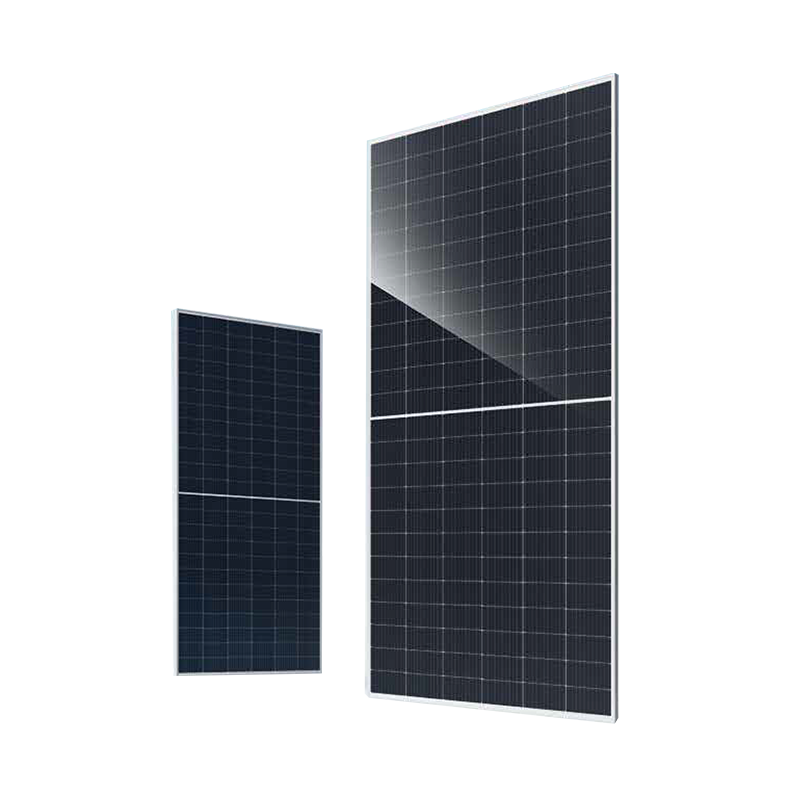
-
[email protected]

-
Building 1, No. 21 Shengfa Road, Lucheng District, Wenzhou, Zhejiang, China



In the rapidly evolving landscape of electric vehicles (EVs), the quest for reliable, efficient, and environmentally friendly power sources has led to significant advancements in battery technology. Among these innovations, Lithium Iron Phosphate (LFP) car batteries have emerged as a promising alternative to traditional lithium-ion batteries, offering a unique blend of performance, safety, and sustainability.

LFP batteries derive their name from their cathode material, which is composed of lithium, iron, and phosphate. This composition sets them apart from other lithium-based batteries that often use cobalt or nickel in their cathodes. One of the most notable advantages of LFP batteries is their enhanced thermal stability. Unlike some other lithium-ion chemistries that can be prone to thermal runaway under certain conditions, LFP batteries exhibit a much lower risk of overheating and combustion. This inherent safety feature makes them particularly attractive for automotive applications, where the safety of passengers and the vehicle itself is of utmost importance.
Another significant benefit of LFP batteries is their long cycle life. These batteries can withstand a large number of charge and discharge cycles without significant degradation in performance. For car owners, this translates to a more durable and reliable power source, reducing the need for frequent battery replacements and lowering the overall cost of ownership over the vehicle's lifespan.
The environmental impact of LFP batteries also contributes to their growing popularity. The use of iron and phosphate in the cathode material means that these batteries contain fewer rare and toxic metals compared to other lithium-ion batteries. This not only reduces the environmental footprint associated with mining and processing these materials but also simplifies the recycling process.
In terms of performance, LFP batteries provide a stable and consistent power output. While they may not offer the high energy density compared to some other lithium-ion chemistries, their ability to deliver a steady flow of power is ideal for the consistent driving demands of electric vehicles. This stability ensures that the vehicle's performance remains reliable and predictable, which is crucial for both everyday commuting and long-distance travel.
Moreover, LFP batteries are known for their good low-temperature performance. In colder climates, where traditional batteries can experience reduced efficiency and capacity, LFP batteries maintain a more stable performance. This makes them particularly suitable for regions with harsh winter conditions, ensuring that electric vehicles remain reliable and efficient year-round.
Despite these advantages, LFP batteries do face some challenges. One of the primary concerns is their relatively lower energy density, which can result in a slightly reduced driving range compared to vehicles equipped with higher energy density batteries. However, advancements in battery technology and vehicle design are continually addressing this issue. For example, improvements in energy management systems and the integration of lightweight materials in vehicle construction can help offset the lower energy density of LFP batteries, making them a viable option for a wide range of electric vehicles.
The adoption of LFP batteries in the automotive industry is also driven by their cost-effectiveness. The abundance of iron and phosphate, compared to the scarcity of cobalt and nickel, contributes to lower raw material costs. Additionally, the simpler manufacturing process and reduced safety requirements associated with LFP batteries can pilot lower production costs.
In conclusion, Lithium Iron Phosphate car batteries represent a significant step forward in the development of sustainable and reliable power sources for electric vehicles. Their enhanced safety features, long cycle life, environmental benefits, and stable performance make them an attractive choice for both automakers and consumers.
Your email address will not be published. Required field are marked*
